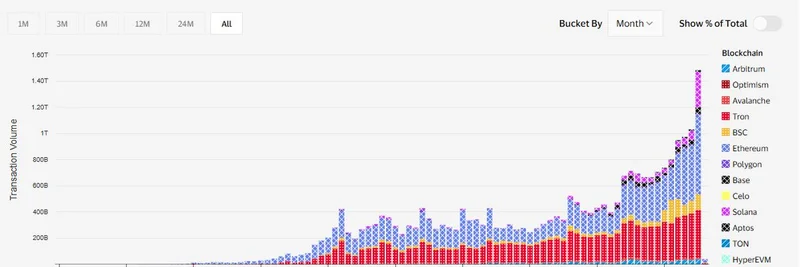Friederike Ernst, co-founder of Gnosis and a prominent voice in the blockchain space, just dropped a tweet that's got the decentralized tech community buzzing. Quoting Fileverse's latest update on dDocs, she hailed it as a game-changer: "E2E encryption meets true data sovereignty without compromising on UX. 🤯 dDocs is a big step toward the user-owned web. @fileverse just raised the bar 🫡."
If you're knee-deep in blockchain projects or just dipping your toes into Web3, you've probably felt the frustration of collaborating on docs in a world where Big Tech holds all the keys to your data. Tools like Google Docs? Super handy for real-time editing, but your every keystroke is potentially up for grabs. Enter dDocs, Fileverse's bold swing at fixing that.
At its core, dDocs lets teams write, sketch, code, and share in real-time—all while wrapping everything in end-to-end (E2E) encryption. That means only you and your collaborators can peek inside; no sneaky servers in the middle. And here's the kicker: it doesn't feel clunky. No more wrestling with crypto wallets every five seconds or trading speed for security. Fileverse nailed the balance, making privacy feel effortless.
But what really sets dDocs apart is its nod to data sovereignty—the idea that you, not some corporation
- This seems blockchain-related, perhaps decentralized docs, fitting Meme Insider's focus.
, own and control your digital stuff. In blockchain terms, this aligns perfectly with the ethos of self-sovereign identity and decentralized storage. Imagine building your next meme token whitepaper or smart contract collab without worrying about leaks or lock-in. It's like Notion meets IPFS, but with zero trust issues.
Fileverse's weekly update video showcases this in action, highlighting how dDocs turns everyday collaboration into a private fortress. From brainstorming viral NFT drops to coordinating DAO proposals, it's a tool that could supercharge how blockchain builders work together.
Ernst's endorsement isn't just hype; as a physicist-turned-blockchain pioneer (she's behind Gnosis DAO and co-hosts the Epicenter podcast), her stamp of approval carries weight. She's seen the pitfalls of centralized systems firsthand and knows a real innovation when she spots one.
For meme token enthusiasts and Web3 devs alike, dDocs isn't just another app—it's a glimpse of the user-owned internet we've been chasing since Satoshi's whitepaper. If you're tired of renting your data from the cloud giants, give Fileverse a spin. Who knows? It might just be the missing piece in your next big decentralized play.
In a space where memes fuel markets and tech evolves at warp speed, tools like dDocs remind us that privacy isn't a luxury—it's the foundation. Stay tuned to Meme Insider for more on how these innovations are reshaping the blockchain landscape.

